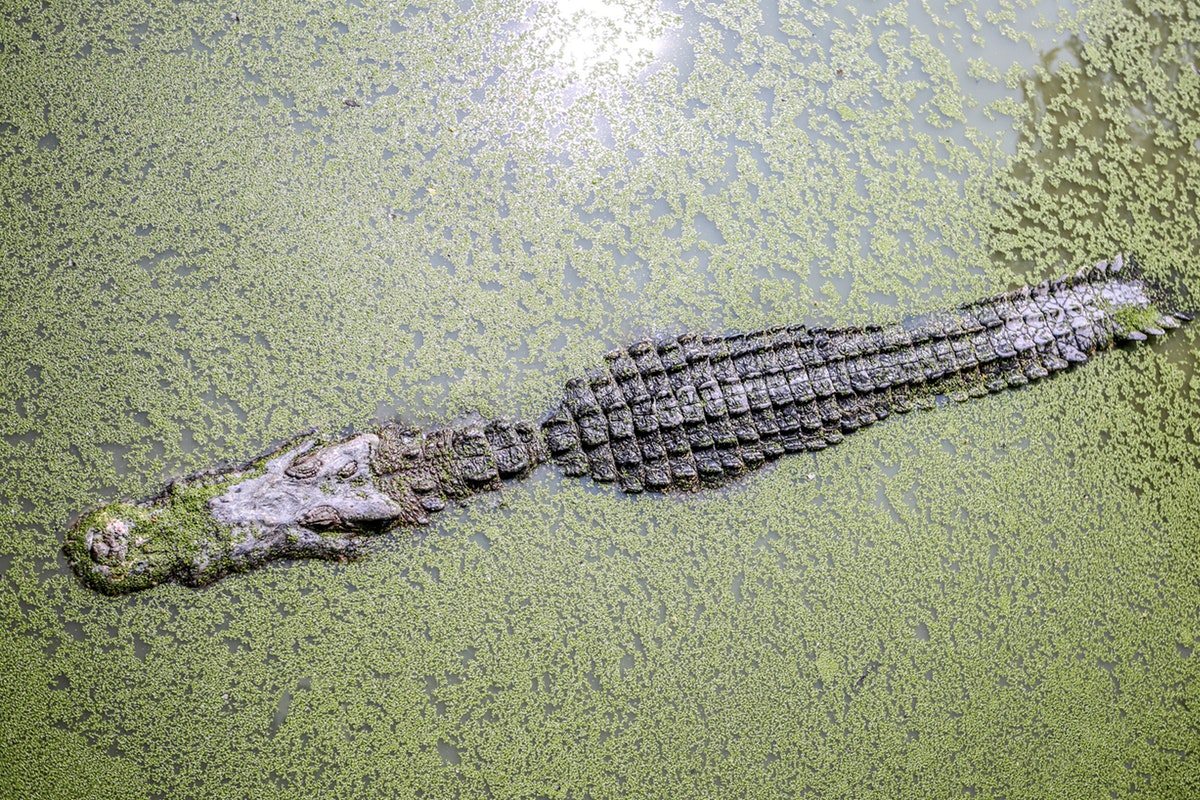3 Orlando Alligator Laws Every Local and Visitor Should Know



One of the many things that complete an excellent Orlando experience is the airboat rides that you can always avail yourself after visiting the refreshing beaches and getting a tan. But with the increasing number of tourists, locals and alligators, and the likelihood of either parties running into these wildlife intentionally or not, the state of Florida has put a system in place to help humans proceed on how to handle these types of interactions, stay safe and stay on the right side of the law.
Alligator interactions may be encountered on airboat rides in Orlando and should this be the case, we would go over the top 3 laws that protect these reptiles to help you guide your conduct when having fun on your airboat rides on Orlando.
As alligators are reptiles and do not carry any type of pregnancy, females typically lay their eggs in secure areas and nests that tourists may come in contact with when on tour or visits to natural parks or airboat rides. According to the law of the state of Florida and the Florida fish and wildlife commission, no persons are allowed to buy, sell, take, possess, transport or import an American alligator or any part thereof along with the nesta or part of an American alligator such as its eggs.
The law clearly explains that there may be a limit to the number of individuals allowed to engage in the act of taking alligators or their eggs from the wild. The law also covers the alligators themselves and as such, tourists are advised to desist from any of the actions enumerated above while enjoying the fun and thrill of the airboat rides in Orlando.
Until 1973, there were no laws restricting the hunting and harvesting of alligators and their eggs, but since the enlistment of these animals as endangered species under the endangered species acts, one could face a felony for breaking this law by embarking on capturing and hunting of alligators and their eggs without proper licenses and approvals. Alligators are now species of special concern and this law is one of the primary ways to protect a further dwindle in their numbers.
According to the law of the state of Florida, only persons who have a running contract with the commission as nuisance alligator trappers, their agents and assistants who have also been approved by the executive director of the Florida fish and wildlife commission or his designee shall take, possess or kill alligators consisting nuisance as empowered and authorized by their permits.
This law translates to the inability of tourists and locals on airboat rides in Orlando or in any other part of Florida to capture and kill wild alligators without obtaining a permit and authorization from the relevant authority. Under the law of Florida, the crime is categorized as a third-degree felony when alligators are captured or injured by unlicensed locals and tourists without permits irrespective of the method employed in its capture or killing.
Other states such as Alabama, Arkansas, South Carolina and a few others allow people to obtain a permit to kill wild alligators, the state of Florida on the other hand only allows the killing of wild alligators on the grounds that these alligators have become and menace and has been deemed a nuisance by the appropriate establishment. Even with the permits, there are specific times and areas where holders can hunt to guarantee that these permissions and privileges are not abused.
When on an airboat ride in Orlando, it can be quite tempting to throw in a snack to your favorite animal or alligator a snack for the thrill and experience of seeing these animals gobble up some food. And while it is something that most people have done in more domestic spaces such as parks and lakes for ducks and swans, feeding alligators and fresh water fishes in the state of Florida is also illegal.
According to the laws of the state of Florida, the commission forbids and prohibits the feeding of wildlife or fresh water fishes with garbage or food materials, the attraction of enticement of freshwater fishes or wildlife with food or garbage and/or the placement of food or garbage with the aim of attracting or enticing wildlife or fresh water fishes. The trick behind this law is simple, behavior experts have discovered that feeding of alligators with food causes these animals to associate humans with food and lose their fear of humans.
By default, alligators and wild animals will move away and keep their distances from humans, but once they have been fed by humans a couple of times, these animals tend to move towards humans and may become aggressive in these interactions. This law does not in any way promote or encourage hostility towards animals, but ensures that tourists do not begin to cultivate behaviors with alligators that may lead to the animals becoming aggressive while doing away with the fear of humans that cause animals to overstep their boundaries.
While some of these laws may seem discouraging, it is best to bear in mind that they have been put in place to guarantee the safety of human lives either locals and visitors as well as the safety of alligators and other endangered species. Alligators are very special animals and can be safely observed from afar while exploring the park or on an airboat ride. In the case of impromptu interactions with alligators, safe distance should be maintained while pictures and selfies should be reasonably taken while around these animals. An airboat ride is one of the most fulfilling part of an Orlando experience and while there are laws that protect these alligators and wildlife, there is a whole thrill of experience waiting to be discovered by you when next you’re in town.